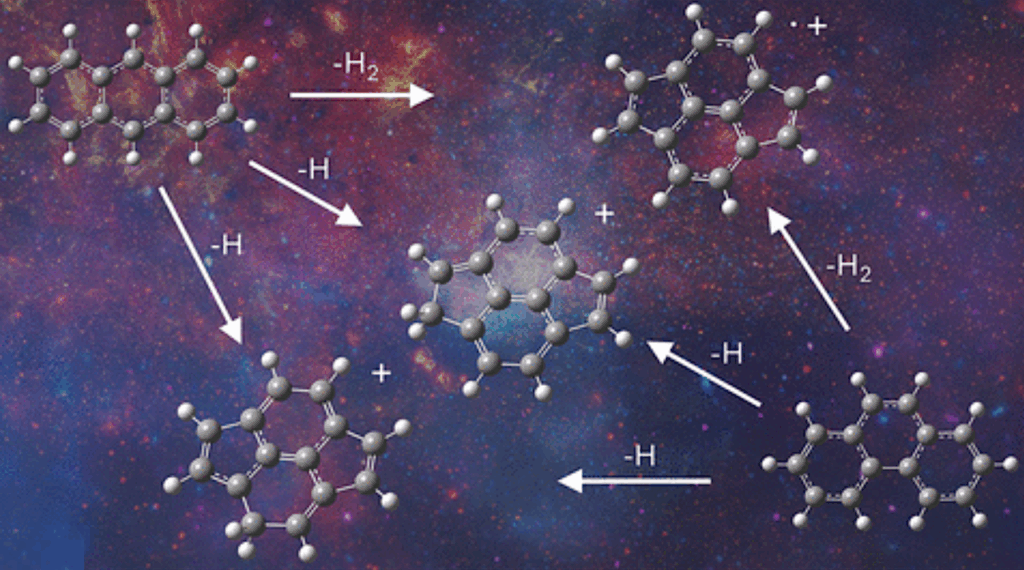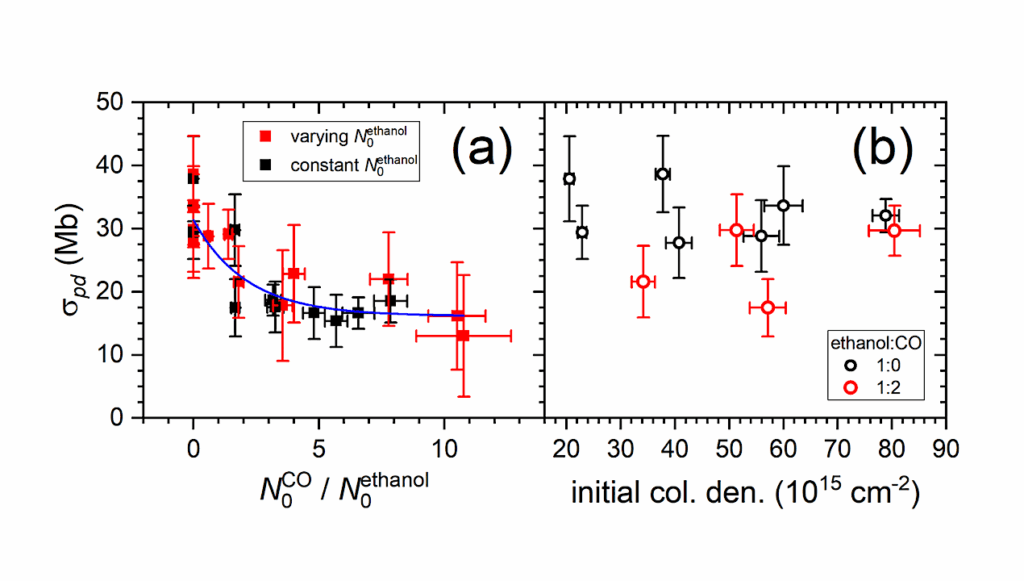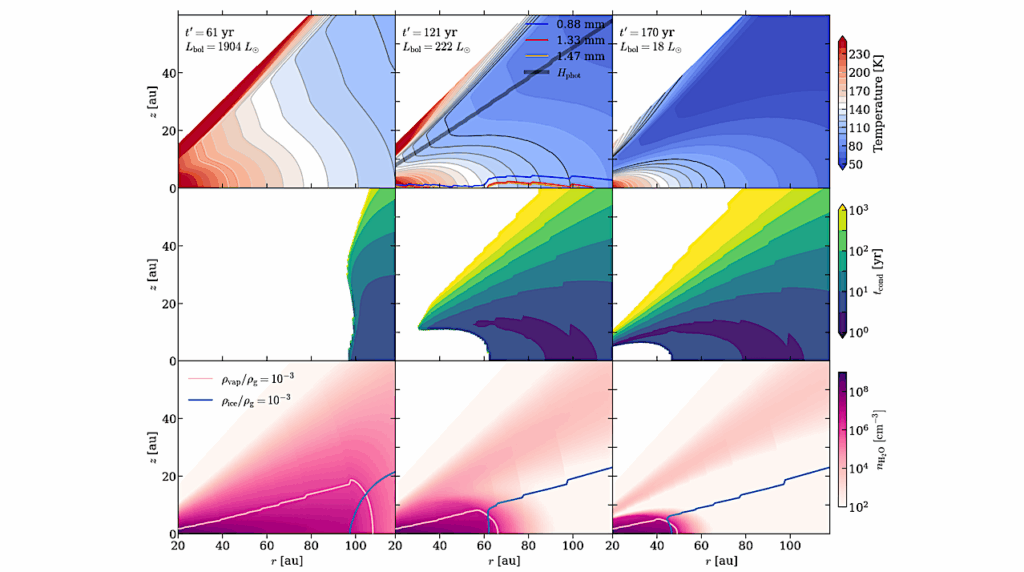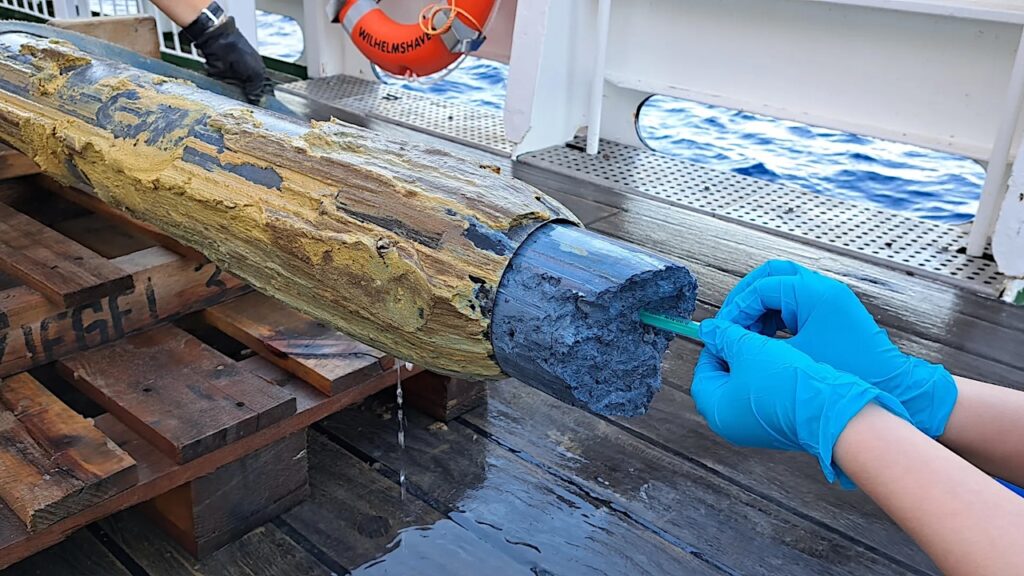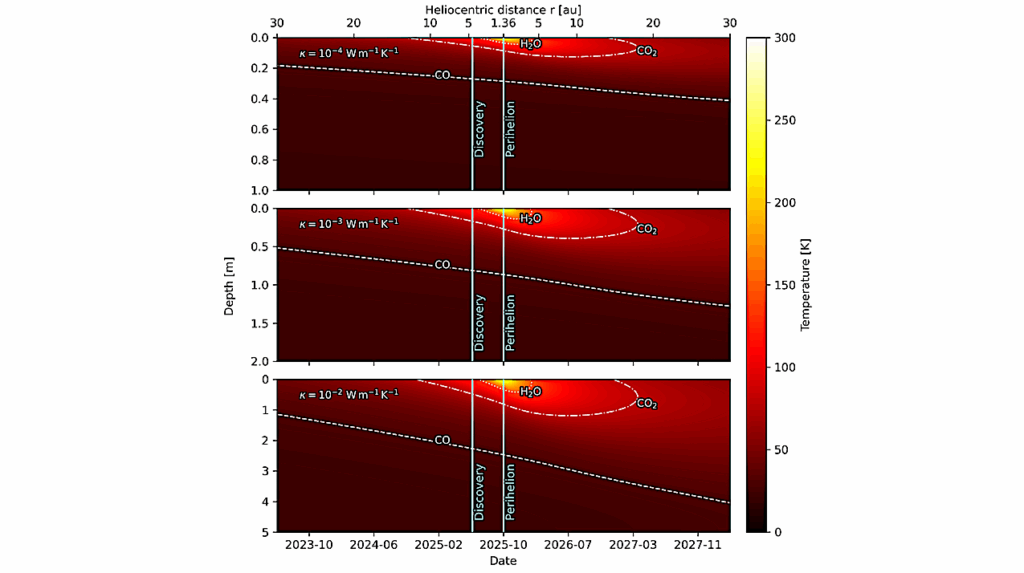Ancient Amino Acid Sets Enable Stable Protein Folds

Early proteins likely arose from a chemically limited set of amino acids available through prebiotic chemistry, raising a central question in molecular evolution: could such primitive compositions yield stable, functional folds?
Using de novo design, we constructed three ancient protein architectures using a reduced, evolution-inspired alphabet of ten amino acids, e.g. lacking all basic and aromatic residues.
The resulting structures adopted their intended topologies and showed exceptional resistance to thermal and chemical denaturation. Computational simulations further revealed that proteins built from this restricted alphabet were as mutation-resilient as those using all twenty canonical residues.
Besides their evolutionary implications, our results provide a foundation for minimalist protein design and generation of simplified, robust systems in minimal cell engineering.
Ancient amino acid sets enable stable protein folds, biorxiv.org (open access)
Astrobiology, evolution, genomics,


